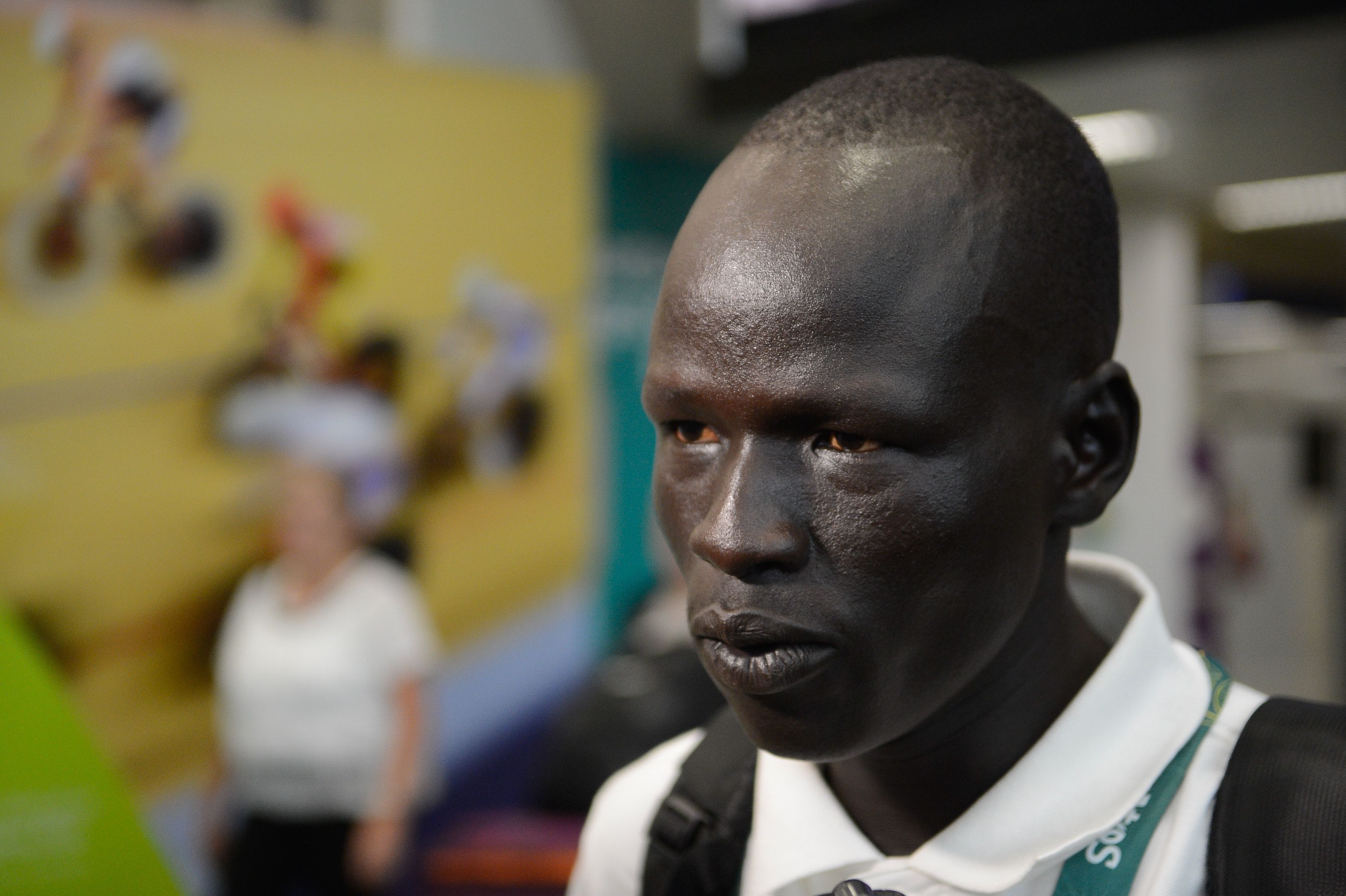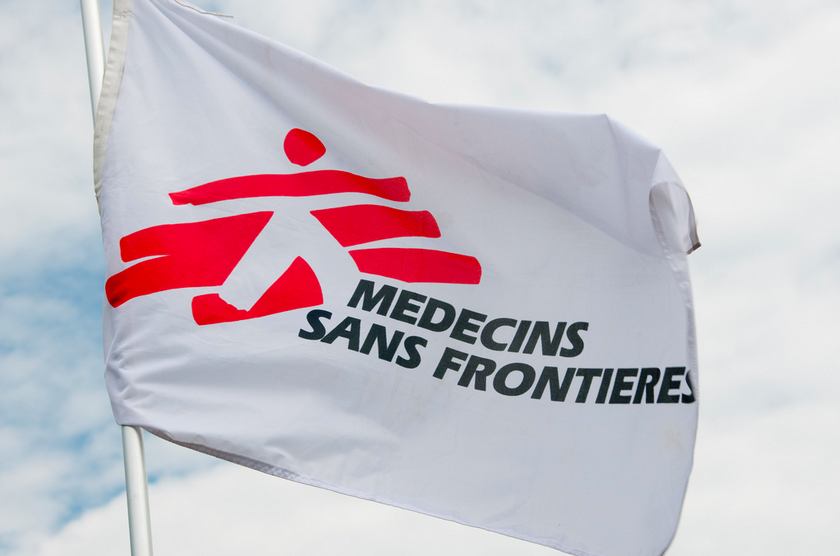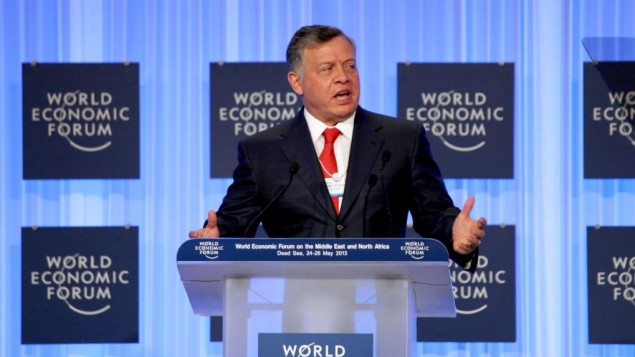After the 2016 Rio Olympics have drawn to a close, one story that will undoubtedly live on is of the first ever Refugee Olympic Team (ROT) to complete in the games. Consisting of ten athletes picked from a pool of about 40, the team has represented the 65 million forcibly displaced people of the world in Brazil and as the International Olympic Committee (IOC) hoped, “[brought] global attention to the magnitude of the refugee crisis.”
Coming from Syria, South Sudan, Ethiopia, and the Democratic Republic of the Congo (DRC), each of the athletes has a uniquely incredible story. Yolande Bukasa Mabika, is a judo athlete from the DRC who escaped the country after being separated from her family, was brought to a centre for displaced children where she started judo to build a “strong heart”, and then suffered abuse at the hands of her coaches. Despite all of these obstacles, she continued practicing the sport and has shown unbelievable perseverance in the face of adverse conditions.
South Sudanese, 800 metre runner James Nyang Chienjiek also overcame significant challenges in order to take his place at the Olympic Games. At 13, he fled his country to escape rebels kidnapping children to be soldiers, and arrived at the Kenyan Kakuma Camp where he attended school and started running. Despite the lack of proper shoes and injuries, Chienjiek continued to train and feels that, “Because [he was] supported by someone, I also want to support someone.”
Syrian swimmer Yusra Mardini also arrived at the games with a moving story. Already a talented athlete in her home city of Damascus, she was forced to flee at 18 with her sister to Greece on an overcapacity boat. During this journey, the boat began to sink, at which point she and her sister swam for three hours in open water to keep the boat afloat, and saved 16 lives.
The inspiring stories of these athletes have led some to praise the IOC for allowing them to compete as part of the ROT. In a commentary for CNN, Amy Bass groups the creation of the ROT team with other positive political moves the IOC has taken in the past: the 1964-88 ban of South Africa due to apartheid policies, the 2000 ban of Afghanistan due to its treatment of women, and the 2012 requirement to include women on the Saudi Arabian, Bruneian, and Qatari teams.
The Atlantic also notes that the existence of the ROT, “highlights national failures—the collapse of countries like Syria and South Sudan and the lack of progress so far by many countries, especially wealthy ones, to help resettle millions of refugees.” This statement is particularly effective because the presence of refugees, “[challenges] the nationalistic ethos of the Games,” in stark contrast to the usual celebration of national successes.
At the same time, other voices have been more skeptical about the long-term impact of the ROT. Roger Cohen of the New York Times has stated, “Yes, the world is moved by Team Refugees. Yet, it is unmoved by refugees. They die at sea. They die sealed in the back of a truck. They die anonymous deaths.” While Cohen’s perspective is pessimistic, it does remind readers of an important point. Yes, the refugee team brings a message of hope, but we should not blindly cheer them on, and then promptly forget about their plight after the end of the Games. We should be inspired by the stories of each refugee athlete, but also remember that there are many more stories out there of other courageous refugees that won’t be recognized on the world stage.
After the closing ceremony for the 2016 Games, much remains to be done in order to address ways to reconcile the refugee crisis. Humanitarian aid, responsible policymaking to prevent further displacement of people, and greater efforts to repatriate those who have been displaced are needed. As UN Secretary-General Ban Ki-moon has said, “Let us all be on the team of refugees until there is no need for a refugee team at all.” This presents a meaningful takeaway from watching the ROT at the Rio Games, rather than momentarily cheering them on.
Photo: James Yiech Pur Beil (2016), by Tomaz Silva via Wikimedia Commons. Licensed under CC BY 3.0 BR.
Disclaimer: Any views or opinions expressed in articles are solely those of the authors and do not necessarily represent the views of the NATO Association of Canada.




